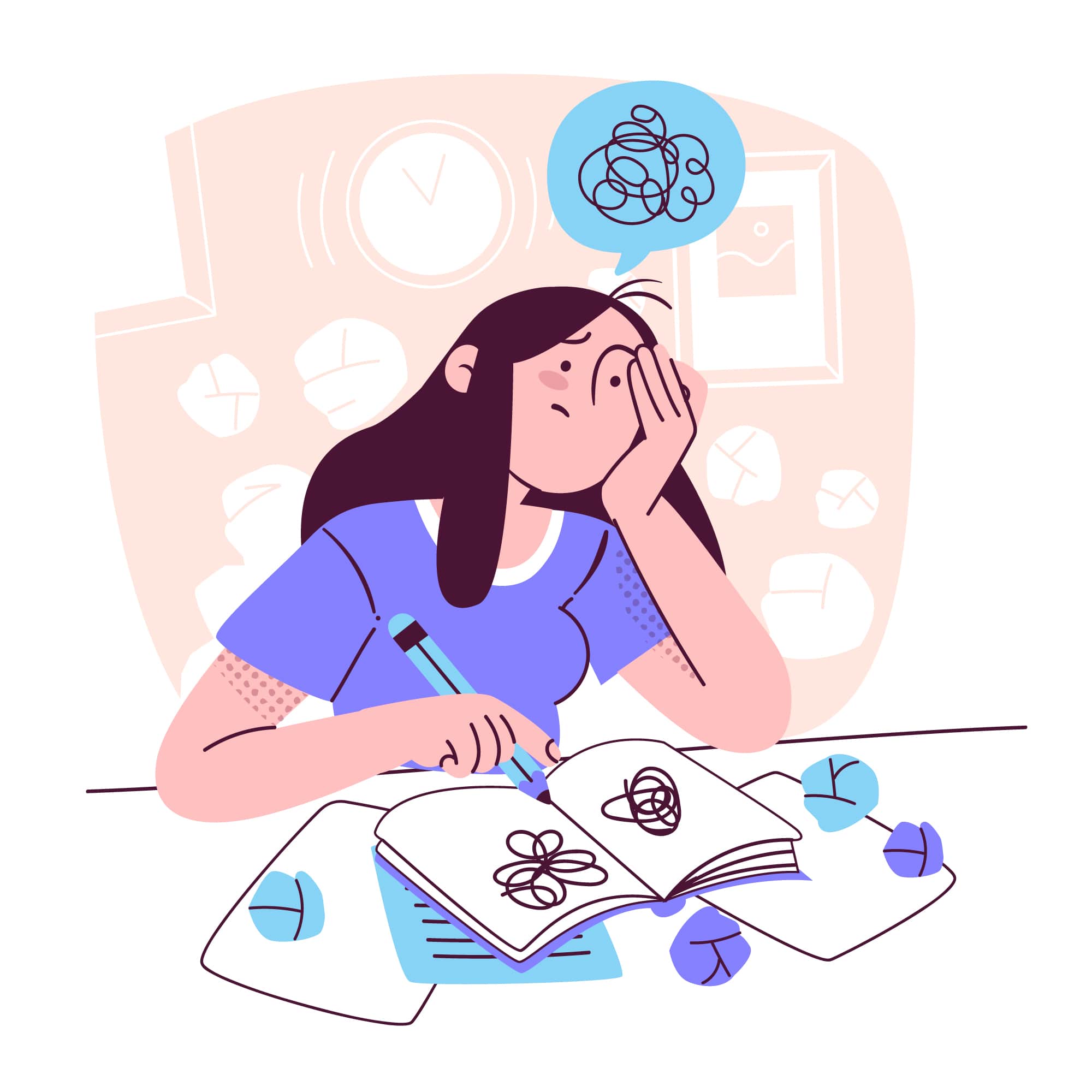
Academic pressure during exams is a universal experience for students, whether you're in high school or pursuing a university degree. With tight deadlines, massive syllabi, and high expectations, the exam season can feel overwhelming. But it doesn’t have to. By applying the right strategies, students can navigate this high-stress period with confidence and clarity. Here’s a deep dive into 7 highly effective strategies to handle academic pressure and thrive during exams.
One of the biggest mistakes students make is either underestimating or over-planning their study time. An effective study schedule is more than a timetable—it's a roadmap that aligns with your goals, energy levels, and deadlines.
Divide your syllabus into manageable chunks. Use techniques like the Pomodoro Method (25 minutes study, 5-minute break) to stay focused. Allocate more time to difficult subjects and revise them regularly.
A rigid plan can lead to guilt and frustration if you fall behind. Instead, build buffers into your schedule to accommodate unexpected events or rest days.
Stop just re-reading notes. Instead, engage with the material through active recall and spaced repetition—techniques scientifically proven to enhance memory retention.
Mind maps, flowcharts, and diagrams are excellent for summarizing large topics and connecting concepts.
Solving previous years' question papers under timed conditions helps in understanding the exam pattern and improves time management.
Pulling all-nighters might feel productive, but sleep deprivation severely affects memory, focus, and emotional balance. Aim for at least 7–8 hours of sleep during exam season.
Fuel your brain with nutritious foods like eggs, nuts, fruits, and leafy greens. Avoid too much caffeine and junk food, which can lead to energy crashes and mood swings.
Even a 20-minute walk or quick yoga session can drastically reduce anxiety and improve concentration by releasing endorphins.
Divide your day into blocks for study, breaks, meals, and relaxation. This gives structure and eliminates decision fatigue about “what to do next.”
Social media, binge-watching, or even over-socializing can steal hours. Use apps like Forest or Cold Turkey to limit digital distractions.
If you're feeling overwhelmed, begin with a 10-minute task. This reduces resistance and builds momentum.
It’s okay to feel stressed. The key is not to suppress it but to understand and manage it. Journaling, meditation, or simply talking to a friend can help release emotional buildup.
Mindfulness is the art of being present. Simple breathing exercises, guided meditations, or apps like Headspace can anchor your mind and reduce overthinking.
Replace thoughts like “I’m going to fail” with “I’m doing my best and I’ll improve.” Positive affirmations create a growth mindset.
Bottling up stress can amplify pressure. Share your struggles with a friend, family member, or teacher. You’ll feel lighter, and sometimes, their advice can provide new perspectives.
Collaborative learning is often more effective than solitary study. Study groups can fill knowledge gaps and keep you motivated.
If stress becomes too much to handle, don’t hesitate to reach out to a counselor or student support center. Mental well-being is as important as academic success.
Break your ultimate goal (e.g., scoring 90%) into daily or weekly milestones. Checking off small wins keeps motivation high.
Spend 5 minutes each day visualizing yourself confidently writing your exam or getting good results. This builds a positive mental image and fuels motivation.
Reward yourself for consistency, not just results. Whether it’s a favorite snack, a short break, or a relaxing activity—acknowledge your effort.
When it comes to staying calm, focused, and mentally strong during exams, Mentrovert is a game-changer. This platform is designed specifically for students who want to unlock their inner resilience, improve productivity, and beat exam anxiety.
Mentrovert offers expert mentoring to help you stay emotionally balanced and academically sharp. Whether you’re dealing with performance anxiety or just looking for better focus, Mentrovert provides personalized strategies to suit your needs.
With a student-first approach, Mentrovert becomes your silent partner in success—keeping you grounded, goal-oriented, and mentally prepared to tackle exam season head-on.
Try Mentrovert today and experience the transformation in your mindset and performance.
Exams often come with high expectations from parents, peers, and oneself. Combined with lack of preparation, time pressure, and fear of failure, it leads to intense stress.
Yes, meditation calms the nervous system, reduces cortisol levels, and improves focus, making it a highly effective tool against exam stress.
It depends on the individual. Group studies can clarify doubts and motivate, but solo study is better for deep concentration. A combination often works best.
Quality matters more than quantity. 4–6 focused hours with proper breaks and active learning can be more effective than 10 distracted hours.
Pause. Breathe. Talk to someone. Reorganize your schedule. Seek help if needed. Overwhelm is a signal to adjust—not give up.